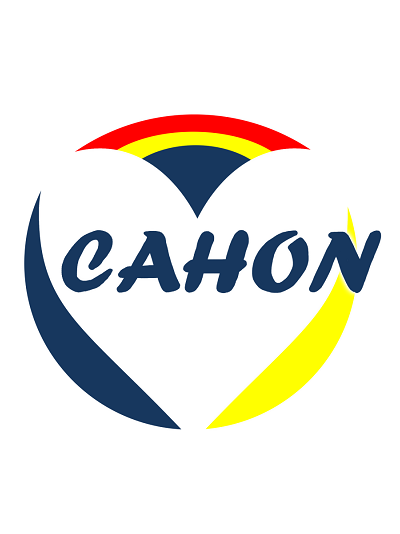慢性髓性白血病女性孕妇短期接触酪氨酸激酶抑制剂后的结果
IF 29.5
1区 医学
Q1 HEMATOLOGY
引用次数: 0
摘要
由于酪氨酸激酶抑制剂(TKI)的致畸性,慢性髓性白血病(CML)女性患者意外怀孕引发了治疗选择的讨论。我们报告了 2010 年 12 月至 2024 年 2 月期间 51 例意外怀孕的 CML 慢性期(CP)患者,她们在怀孕后立即停用了 TKI,以观察短期暴露于 TKI 对胎儿和婴儿结局的影响。59例妊娠100%正常分娩,无出生异常。58例妊娠的中位TKI暴露时间为4(4-20)周,其中1例妊娠因患者无治疗缓解(TFR)而停止治疗,避免了TKI暴露。除一名早产儿出生时体重低于第 10 百分位数外,其他新生儿出生时体重均正常。截至目前,所有患儿健康状况良好。13名(25.5%)和30名(58.8%)患者在怀孕时分别获得了主要分子反应(MMR)和深度分子反应(DMR)。停用 TKI 后,分别有 6 名(46.2%)和 2 名(25.0%)患者在分娩时丧失了 MMR 和完全血液学反应。38 例患者在分娩后恢复了 TKI 治疗,13 例未丧失 DMR 的患者在分娩后维持了 TFR。恢复 MMR 和 DMR 的中位时间分别为 3(2-6)个月和 6(1-28)个月。这些结果表明,CML-CP 患者在妊娠期间停用 TKI 是可行的,而且妊娠患者短期 TKI 暴露对儿童的生长发育影响不大。本文章由计算机程序翻译,如有差异,请以英文原文为准。
Outcome after short exposure to tyrosine kinase inhibitors in pregnant female patients with chronic myeloid leukemia
Unintended pregnancy for female patients with chronic myeloid leukemia (CML) raises the discussion of treatment choices due to the teratogenicity of tyrosine kinase inhibitor (TKI). We report 51 accidental pregnant CML chronic phase (CP) patients with TKI withdrawal immediately after pregnancy from December 2010 to February 2024 to observe the effect of short exposure to TKI on the fetus and the infant outcomes. 59 pregnancies resulted in 100% normal childbirth without birth abnormalities. The median TKI exposure duration was 4 (4–20) weeks in 58 pregnancies, and one pregnancy avoided TKI exposure due to treatment discontinuation of the patient with treatment-free remission (TFR). All newborns had normal birth weight except one premature infant with low birth weight less than the 10th percentile. Up to now, all the children are in good health. 13 (25.5%) and 30 (58.8%) patients had achieved major molecular response (MMR) and deep molecular response (DMR) at pregnancy, respectively. After TKI discontinuation, loss of MMR and complete hematologic response occurred in 6 (46.2%) and 2 (25.0%) patients at delivery, respectively. 38 patients resumed TKI treatment after delivery, and 13 patients without DMR loss sustained TFR after delivery. The median time to regain MMR and DMR were 3 (2–6) months and 6 (1–28) months, respectively. These results demonstrate that TKI discontinuation during pregnancy is feasible for CML-CP patients, and short TKI exposure of pregnant patients has little influence on children’s growth and development.
求助全文
通过发布文献求助,成功后即可免费获取论文全文。
去求助
来源期刊
CiteScore
48.10
自引率
2.10%
发文量
169
审稿时长
6-12 weeks
期刊介绍:
The Journal of Hematology & Oncology, an open-access journal, publishes high-quality research covering all aspects of hematology and oncology, including reviews and research highlights on "hot topics" by leading experts.
Given the close relationship and rapid evolution of hematology and oncology, the journal aims to meet the demand for a dedicated platform for publishing discoveries from both fields. It serves as an international platform for sharing laboratory and clinical findings among laboratory scientists, physician scientists, hematologists, and oncologists in an open-access format. With a rapid turnaround time from submission to publication, the journal facilitates real-time sharing of knowledge and new successes.

 求助内容:
求助内容: 应助结果提醒方式:
应助结果提醒方式:


